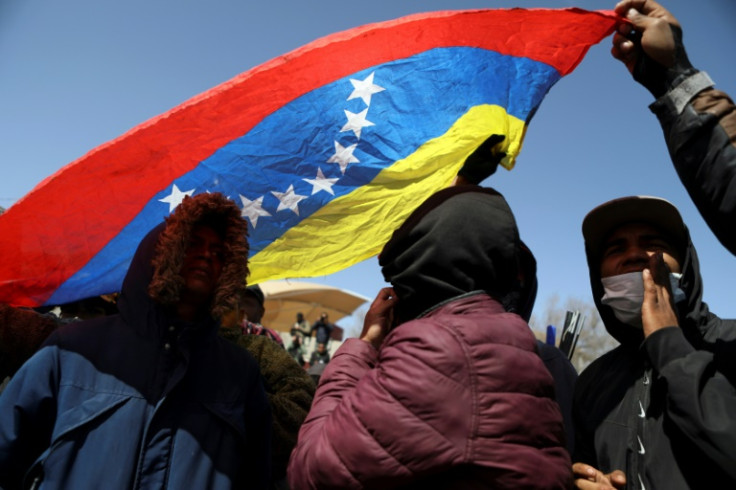
A new report claims that the vast majority of all polling centers in Venezuela will be at some sort of manipulation risk during the July elections, as the Maduro government is expected to use the state's muscle to tilt the scale in its favor.
Concretely, a report by sociologist Héctor Briceño and reported by Infobae says that 86% of all such centers (that is over 12,000 of them), which are set to serve 18 million voters, are at risk."
"The risks come from different sources, but all seek to place obstacles, threat or challenge voters in some sort of way," Briceño told the outlet. He added that most of the at-risk centers are located at the Capital district, Bolívar and Carabobo, but those closer to the border are more fragile to blatant fraud.
"The higher the risk for the center, the higher the percentage of votes the government tends to get despite the behavior of electors in other centers in the area," he explained. He added that most voters could be coerced through supervised or isolated voting, as well as under threat of losing any kind of social welfare."
Different articles and analyses have pondered about the different ways in which President Nicolás Maduro could seek to remain in power as he faces his most challenging election since taking office over a decade ago.
A recent piece by The New York Times gathered opinions from insiders who have suggested he may be considering various tactics asides from the aforementioned one, including disqualifying González or the parties he represents or even canceling or postponing the election by citing a fabricated crisis, such as a border dispute with Guyana.
Maduro has publicly dismissed the possibility of losing, accusing his opponents of plotting a coup and asserting his confidence in a decisive victory. Maduro, who was handpicked by the late Hugo Chávez, has defied predictions of failure despite lacking Chávez's charisma and political acumen. He has survived numerous crises, including extreme hyperinflation, widespread protests, coup attempts, and an effort by opposition leader Juan Guaidó to establish a parallel government.
Efforts to undermine the upcoming vote are already evident. Venezuelans living abroad, who are likely to vote against Maduro, face significant obstacles in registering to vote. Only a small fraction of the eligible expatriate population has been able to register, something that watchdog groups have described as a form of electoral fraud.
Within Venezuela, the government has complicated voting logistics by renaming thousands of schools, potentially confusing voters. Furthermore, the ballot is cluttered with numerous candidates, including parties with names and symbols similar to the main opposition coalition, likely diluting opposition candidate Edmundo González's support.
Even if Maduro resorts to electoral manipulation, significant unrest is unlikely, the piece adds. The violent suppression of protests in recent years has left many Venezuelans fearful, and those most discontented have already left the country. Should Maduro lose, negotiations for his departure might be complicated by the legal charges he faces internationally. Some analysts believe he would seek refuge in a country offering protection from prosecution.
© 2024 Latin Times. All rights reserved. Do not reproduce without permission.







